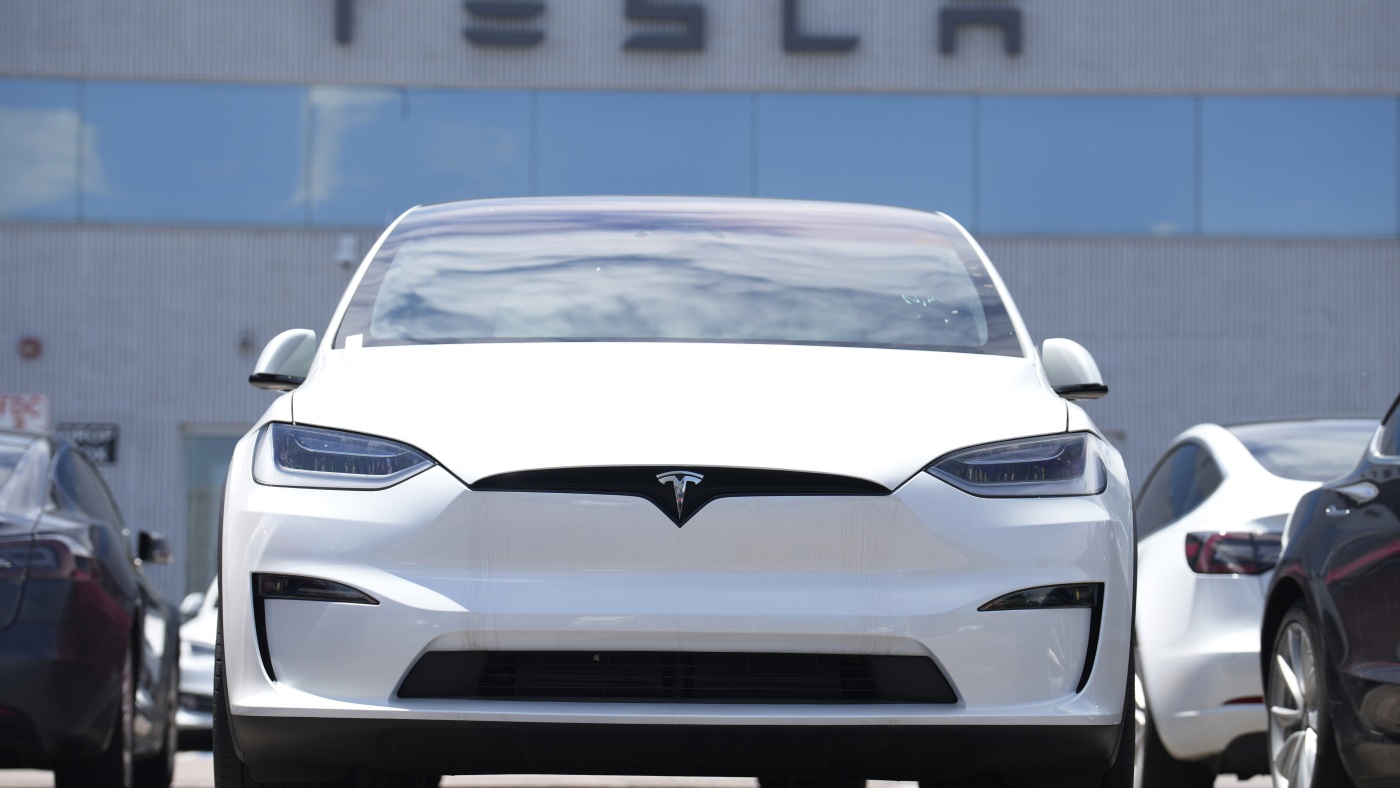Tesla’s Q2 Profit Plunge: Musk Addresses Regulatory Headwinds and AI Ambitions Amid EV Slump
Tesla’s Q2 Profit Plunge: Musk Addresses Regulatory Headwinds and AI Ambitions Amid EV Slump

Tesla reported a significant 16% drop in its second-quarter net income, continuing a challenging period for the electric vehicle giant. The decline comes despite CEO Elon Musk’s renewed focus on his companies, following his controversial involvement in the Trump administration’s government cost-cutting efforts. This profit slide follows a 13.5% year-on-year drop in EV sales for the quarter, though it represents a less severe decline compared to the 71% profit slump seen in the first quarter.
During a recent analyst call, Tesla’s Chief Financial Officer Vaibhav Taneja warned of a rocky outlook for EV revenue. He cited new vehicle regulations from a recently signed tax and spending bill by President Trump, which eliminate a key revenue source for Tesla: the sale of ‘regulatory credits’ to competitors. Furthermore, new and used EV tax credits are set to expire on September 30, adding further pressure. Taneja urged customers to place orders soon, anticipating potential delivery issues for orders placed in late August and beyond, as the company adjusts production plans for a lower-cost vehicle.
Musk acknowledged a ‘weird transition period’ with anticipated incentive losses in the U.S., predicting ‘a few rough quarters.’ However, the company is also attempting to shift focus beyond car sales, highlighting its Q2 as a ‘seminal point’ marking a transition into AI, robotics, and related services. Tesla recently launched its robotaxi service in Austin in June and is developing the Optimus humanoid robot. Musk also made a bold prediction, stating the company aims to achieve autonomous ride-hailing coverage for half the U.S. population by year-end, pending regulatory approvals.
While services and other revenue saw a 17% increase, total automotive revenue slid 16%, and energy generation revenue was down 7%. Analysts attribute Tesla’s flagging car sales partly to increased competition, particularly from traditional automakers like GM, and global Chinese EV makers. Tesla’s market share in U.S. EV sales has dropped to 46.2% from nearly 80%. Additionally, Musk’s political activities have been cited as a factor impacting the company’s brand reputation, especially among liberal and Democratic car shoppers. The company also recently delayed its annual shareholder meeting to November, raising investor concerns.
Disclaimer: This content is aggregated from public sources online. Please verify information independently. If you believe your rights have been infringed, contact us for removal.